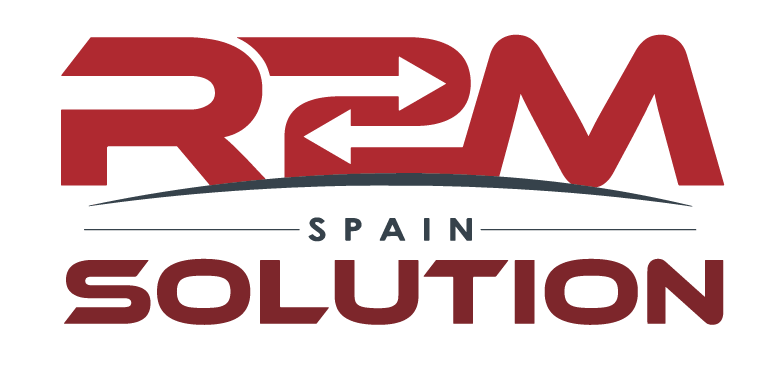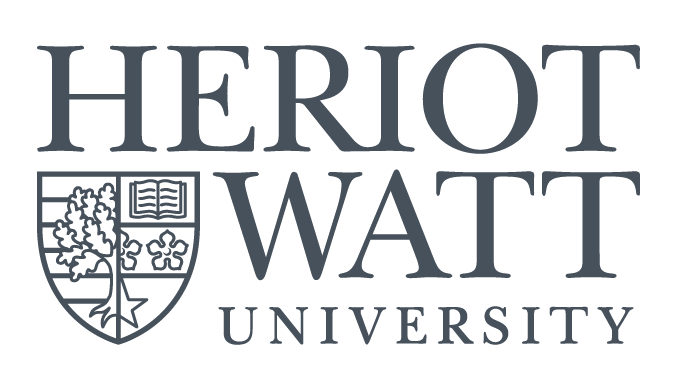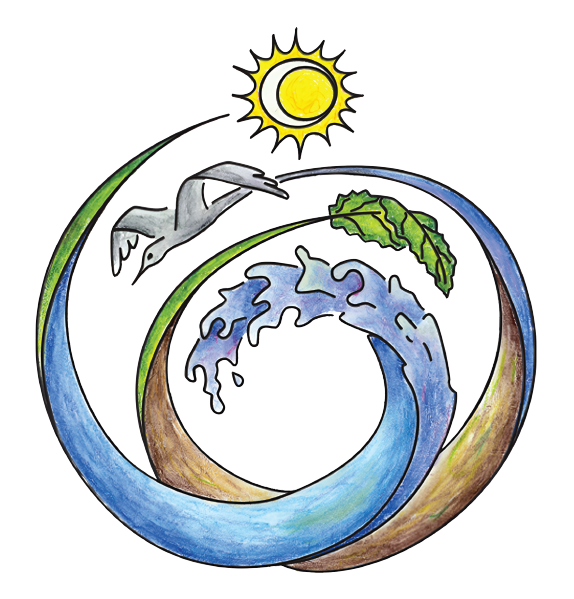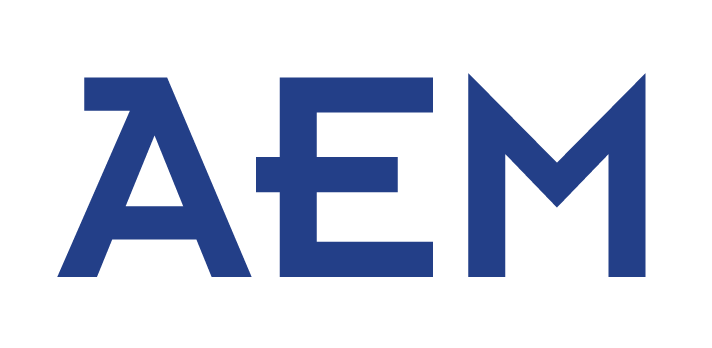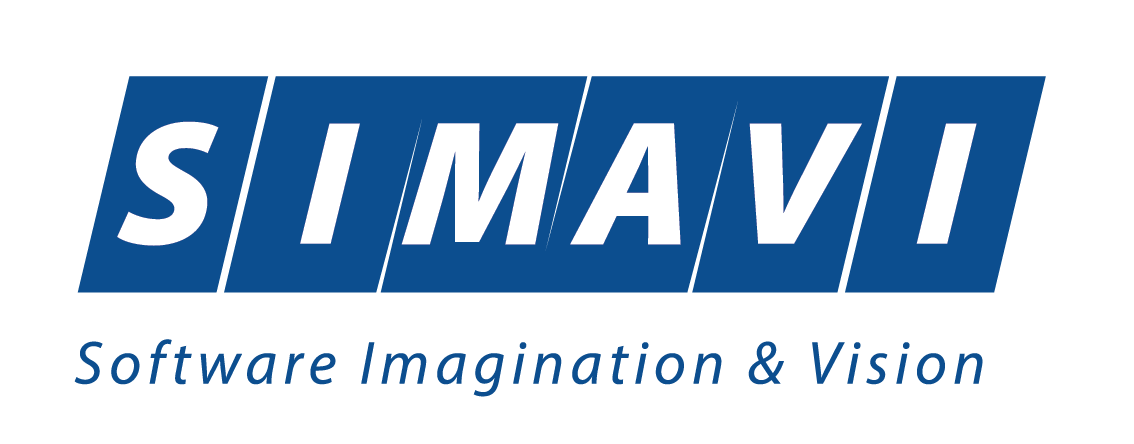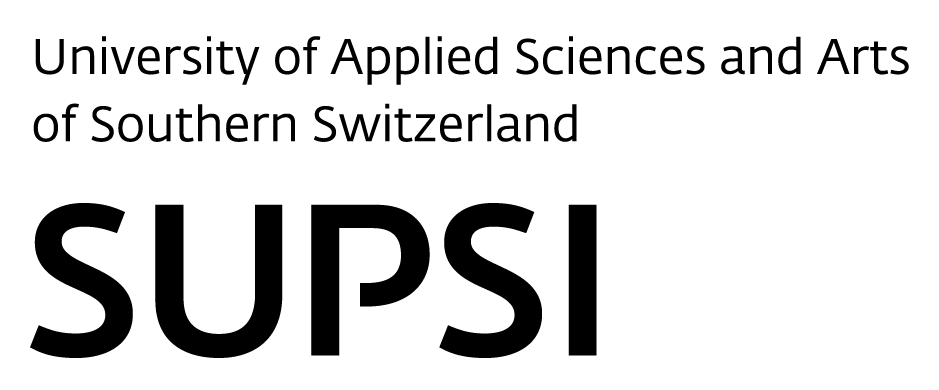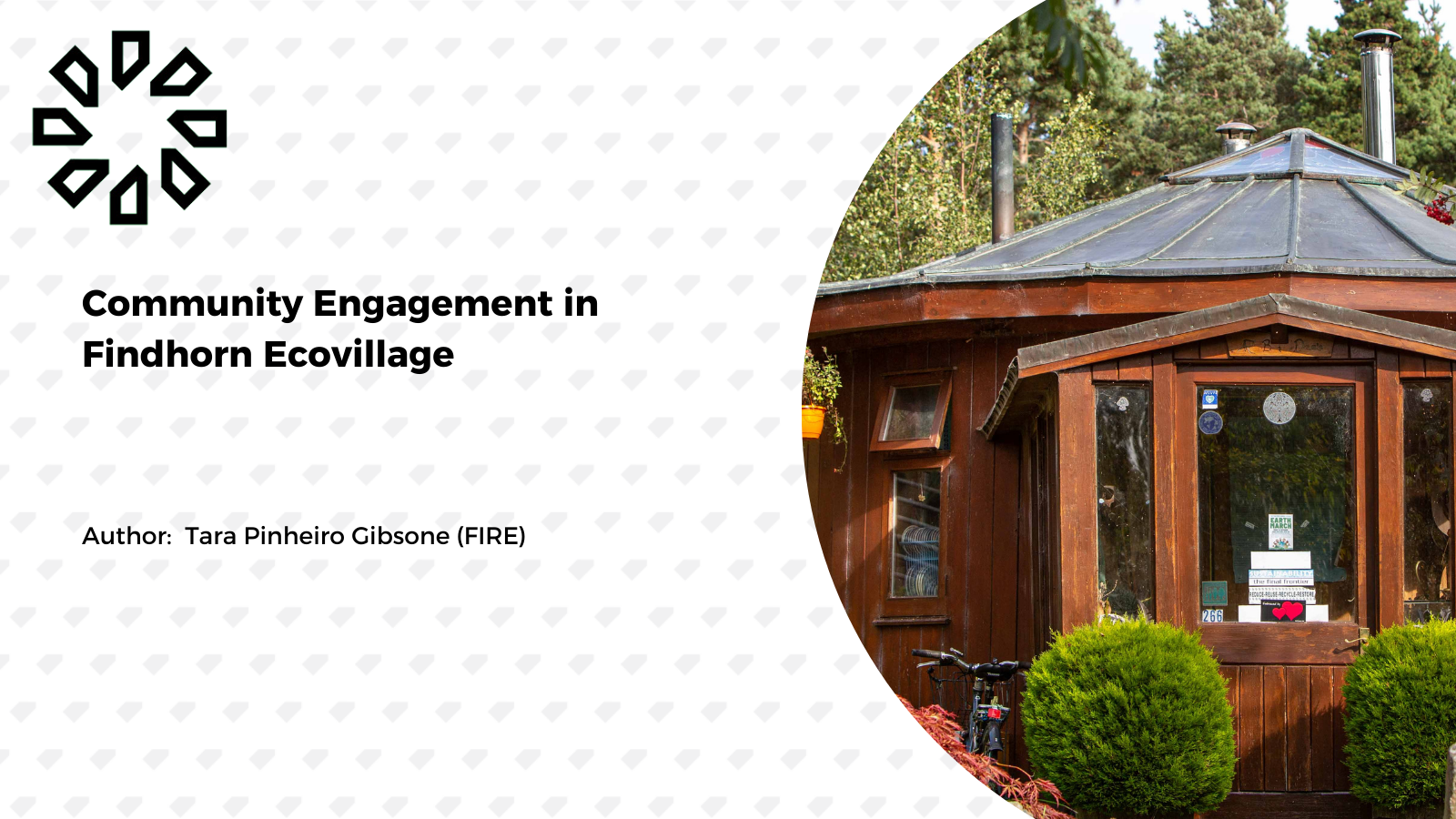Findhorn Ecovillage is an experiment and demonstration center for how we might re-design our human presence on the planet: personally, socially, economically, and ecologically. The community has been growing and evolving since the early 60’s and played a key role in establishing the Global Ecovillage Network (GEN). GEN’s purpose is to link and support ecovillages, educate the world about them, and grow the regenerative movement – to inspire, scale and facilitate communities and people from all walks of life to become active participants in the transition to a resilient and regenerative human presence on Earth.
Since the 1970’s/80’s Findhorn Ecovillage has been pioneering and working with numerous sustainable technologies including its own biological wastewater treatment plant, a community-owned wind farm, and innovative green building techniques. Today the community also utilizes a combination of biomass, solar thermal, and PV to meet its electricity and heating requirements. It has a net zero annual import, making it a Positive Energy District (PED). It retains 50% of the energy it produces and exports the remaining.
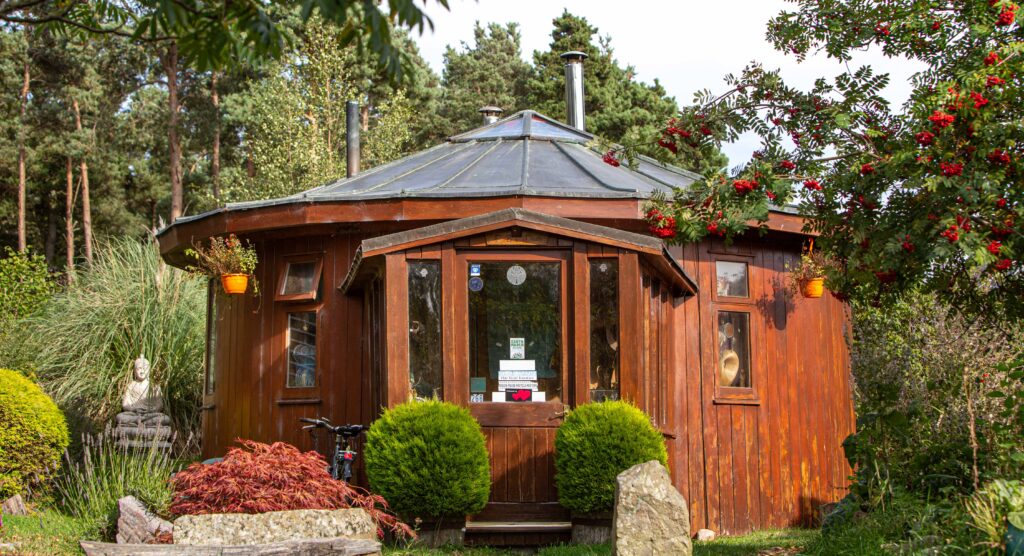
Findhorn Innovation Research and Education (FIRE) is the research branch of Findhorn Ecovillage. Its aim is to support development and innovation in areas such as food, energy, and housing, advancing the community’s goals of living lightly on the planet in an ever-changing world.
FIRE’s most recent project has been advancing Findhorn’s goal of being carbon neutral by 2030 through feasibility studies funded by the Just Transition Fund. It explored several main areas including the electrification of heating and transport, including upgrading the local electrical microgrid, the initiation of ambient loop district heating systems, the design and thermal evaluation of affordable housing, built inside a greenhouse, and the scaling of organic food production and composting to feed seasonally a community of around 300 people. FIRE is waiting on capital funding to implement the recommendations from the feasibility studies.
FIRE is a partner in the InterPED consortium, representing Findhorn Ecovillage as one of the pilot sites of the project. The overall aim is to increase local self-consumption of renewable energy to benefit the community, the environment, and local stakeholders. Through InterPED, FIRE will work with the ecovillage to optimize their energy systems over the next three years.
Community engagement plays a crucial role in the development of InterPED in Findhorn. As an intentional community, residents of Findhorn are integral to designing and developing systems that align with their values and vision. To initiate the project, FIRE hosted a town hall to explore the future of energy in the community and introduce InterPED to the residents.
An open invitation was sent out in the local newsletter, attracting 32 residents, some of whom represented key stakeholder organizations. It was a dynamic and engaging evening where people shared their views and learned about the project’s aims. This event marked the first stage in a series of workshops that will continue to engage residents around key research themes, integrating their views into the design and development of the project.

FIRE is working closely with Heriot-Watt University, which is leading citizen participation and community engagement in InterPED. This collaboration grounds the research in a participatory development approach, viewing the development of energy communities and demand response activities as a socio-technical process.
The next stage of citizen engagement took the form of two workshops scheduled in September. The first session invited local stakeholders from key organizations and a core citizen committee of community members to create shared visions for the energy future and the Park as a Positive Energy District. The second session, a full-day event on Saturday, delved into the practicalities of the project and discussed what the community wants, doesn’t want, and how the platform will operate.

The InterPED research group will use these shared visions and co-created narratives to design the InterPED platform to serve the Findhorn community and assist with its broader sustainability transition.
Citizens are active participants in energy markets, taking on roles as emerging economic actors whose involvement in developing the PED concept will encourage regulatory change and successful integration into the broader electricity market. To be successful, PEDs must be co-created with each community. This process provides policymakers, stakeholders, and practitioners with insights and recommendations for promoting sustainable energy transitions at local and regional levels.
Author: Tara Pinheiro Gibsone (FIRE)


